Meeting your wee one (or wee ones, if you've had more than one baby) is the moment you've been waiting for. But please don't worry if it isn't as you'd imagined, or if you don't feel everything you thought you would. This is perfectly normal.
If you have any questions or concerns, talk to your midwife or the team caring for your baby. Ready Steady Baby from NHS Inform is also a great source of information to help you cope with the first weeks of parenting a new baby.
The importance of skin-to-skin contact
Holding your baby, skin-to-skin, on your chest following the first hours after birth will really help you and baby calm, bond and recover from the birth.
There are loads of amazing advantages to having skin-to-skin contact with your baby:
- Baby is warmer and calmer.
- Baby can hear your heartbeat.
- Baby’s heart and breathing rates normalise more quickly.
- Your milk supply is boosted if you choose to breastfeed.
If you decide to breastfeed, uninterrupted skin-to-skin contact in a private space will help you begin to understand your baby’s feeding cues and help improve your baby’s attachment at the breast. This will really help you breastfeed in the early days. Have a look at our pages on getting started with breastfeeding and speak to your midwife for further support.
Research has also shown that skin-to-skin contact can boost your mental health and your baby's mental wellbeing.
And remember, skin-to-skin isn't just for mums – it's great for partners to bond with baby too. Our page of bonding tips for dads and partners has more suggestions for building that special relationship.
The "Magical Hour"
Skin contact after birth has an amazing effect on babies – it's often called the "magical hour". Your baby will show nine different behaviours as they get used to the outside world, memorise your touch and discover the instinct to suckle.
The first thing you will hear is a short birth cry as your baby's lungs expand, your baby will then hopefully feed from the breast (or bottle) before sleeping. It's worth remembering that any drugs you take during labour may make your baby extra sleepy, so the normal nine stage process may take a bit longer – although most babies feed within 90 minutes after birth. You can find out more about specific behaviours on the dedicated Magical Hour website.
The 9 stages of feeding
The 9 stages of feeding are:
- Birth cry
- Relaxation
- Awakening
- Activity
- Crawling
- Resting
- Familiarisation
- Suckling
- Sleeping
If you're not breastfeeding, it's still important to give your baby their first bottle feed with skin-to-skin contact. The first feed is an incredibly close, bonding experience – however you choose to feed your baby.
If your baby needs special care
The are many reasons why babies may need special care when they're born. They may have arrived early, be very small and have a low birth weight or have an infection. Or the birth may have been difficult. If you have twins or more, they may also require some special care.
But even if you’re not able to hold your baby straightaway, you can talk to the staff caring for your baby about other ways you can strengthen your bond. Our section on neonatal care has lots of information and advice if your baby or babies need special care when they arrive.
What if the "magical hour" doesn't feel magical?
Some parents feel an immediate sense of love for their new babies. But for others, this feeling can take longer to arrive. And this is perfectly normal – having a baby can be an exhausting and overwhelming experience.
Our page on getting to know your baby has more tips for building your bond and you can find more information on the Ready Steady Baby website.
 Activities & Play
Activities & Play Behaviour
Behaviour Childcare
Childcare Development & Growing Up
Development & Growing Up Family, Friends & Relationships
Family, Friends & Relationships Feeding Your Baby
Feeding Your Baby Food & Eating
Food & Eating Health & Safety
Health & Safety Mental Health & Wellbeing
Mental Health & Wellbeing Money & Work
Money & Work Online Behaviour & Safety
Online Behaviour & Safety Pregnancy & First Days
Pregnancy & First Days School & Education
School & Education Sleep
Sleep


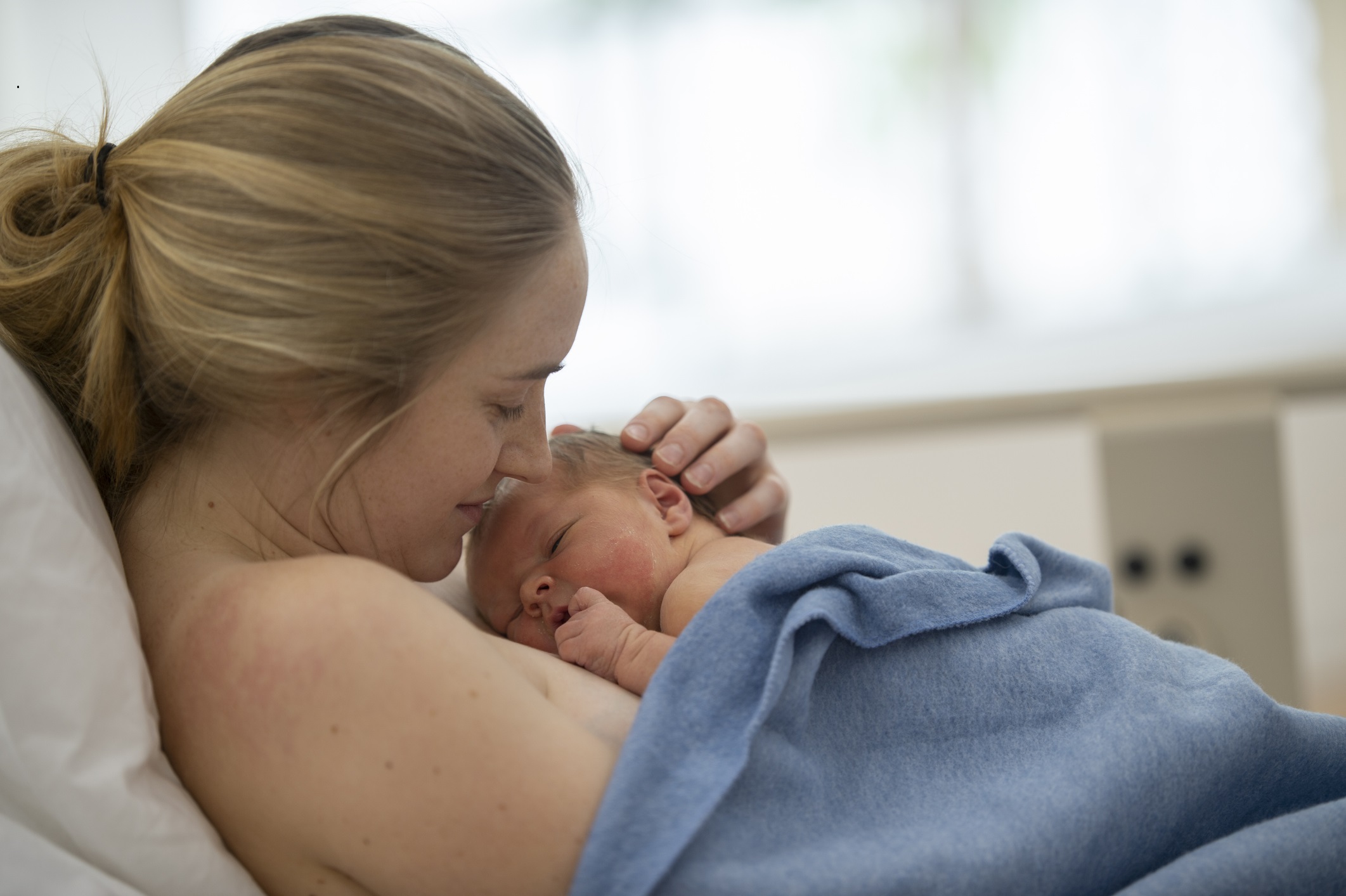
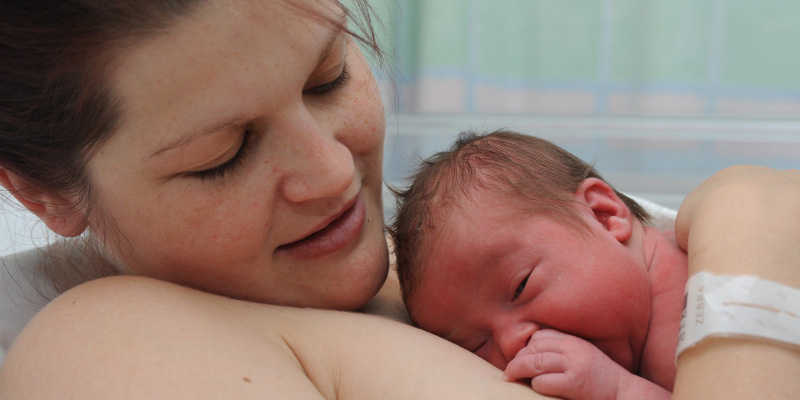
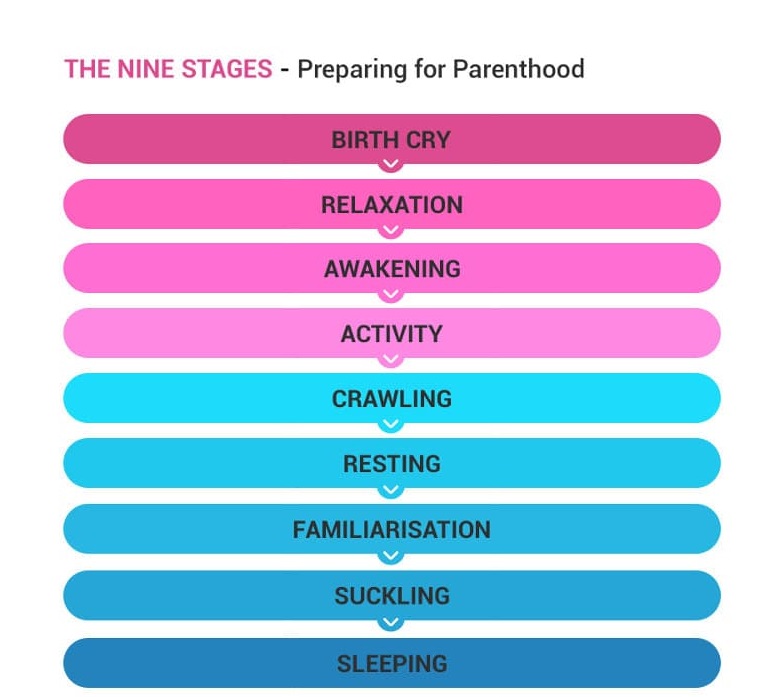
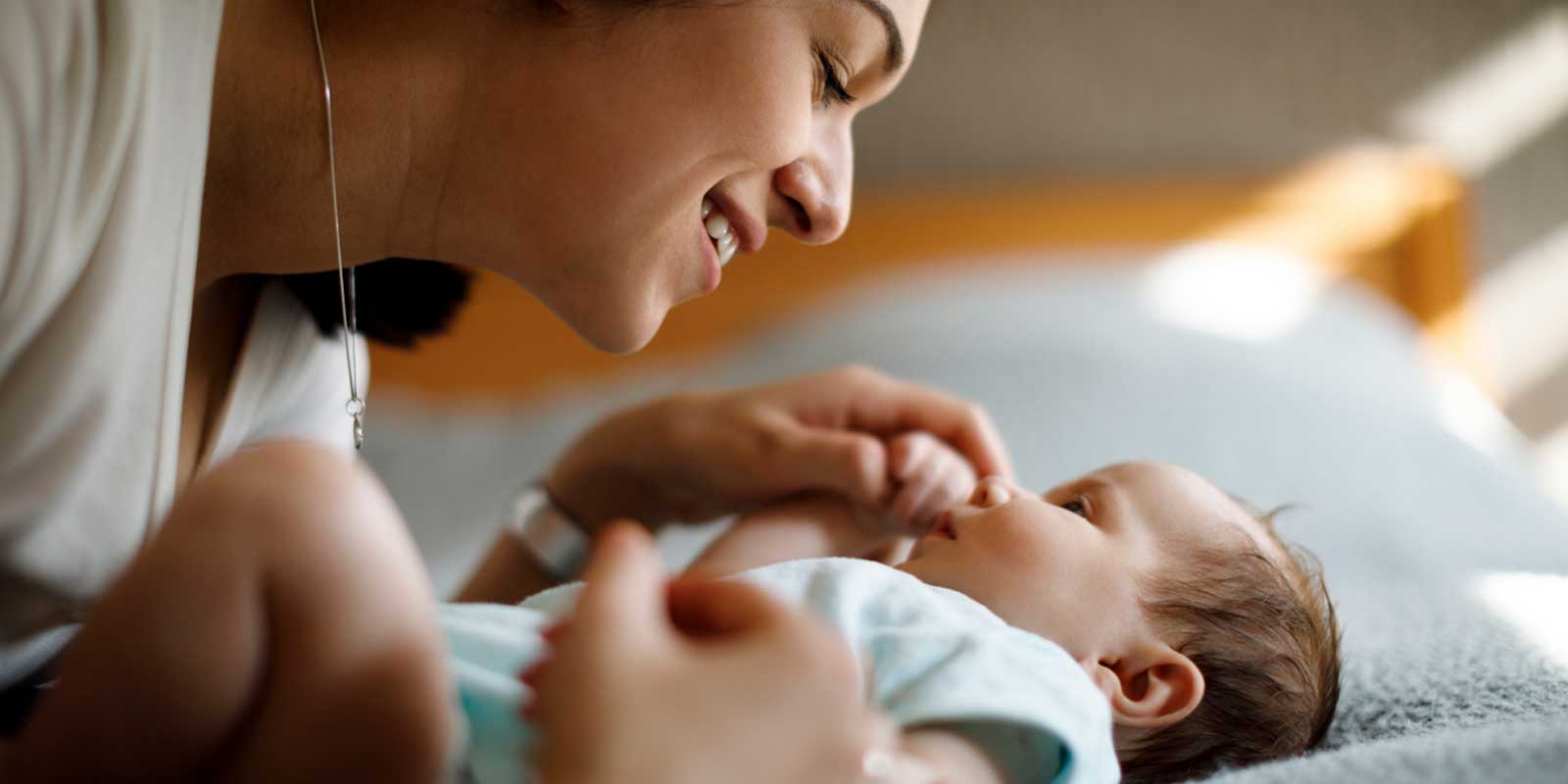
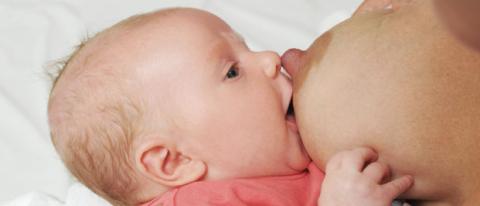
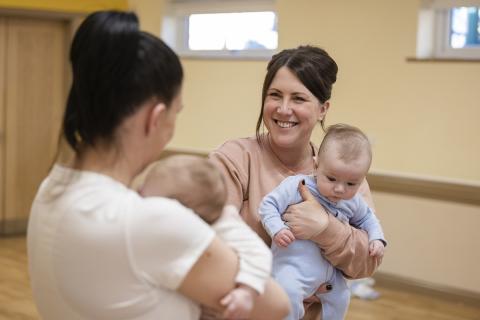
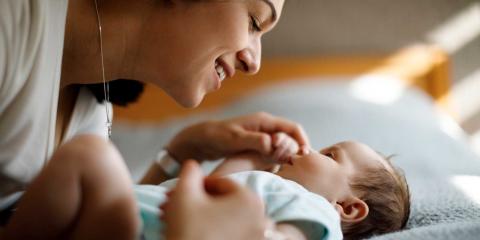

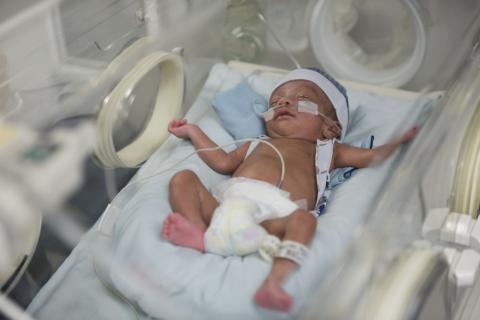
 Mental Health & Wellbeing
Mental Health & Wellbeing
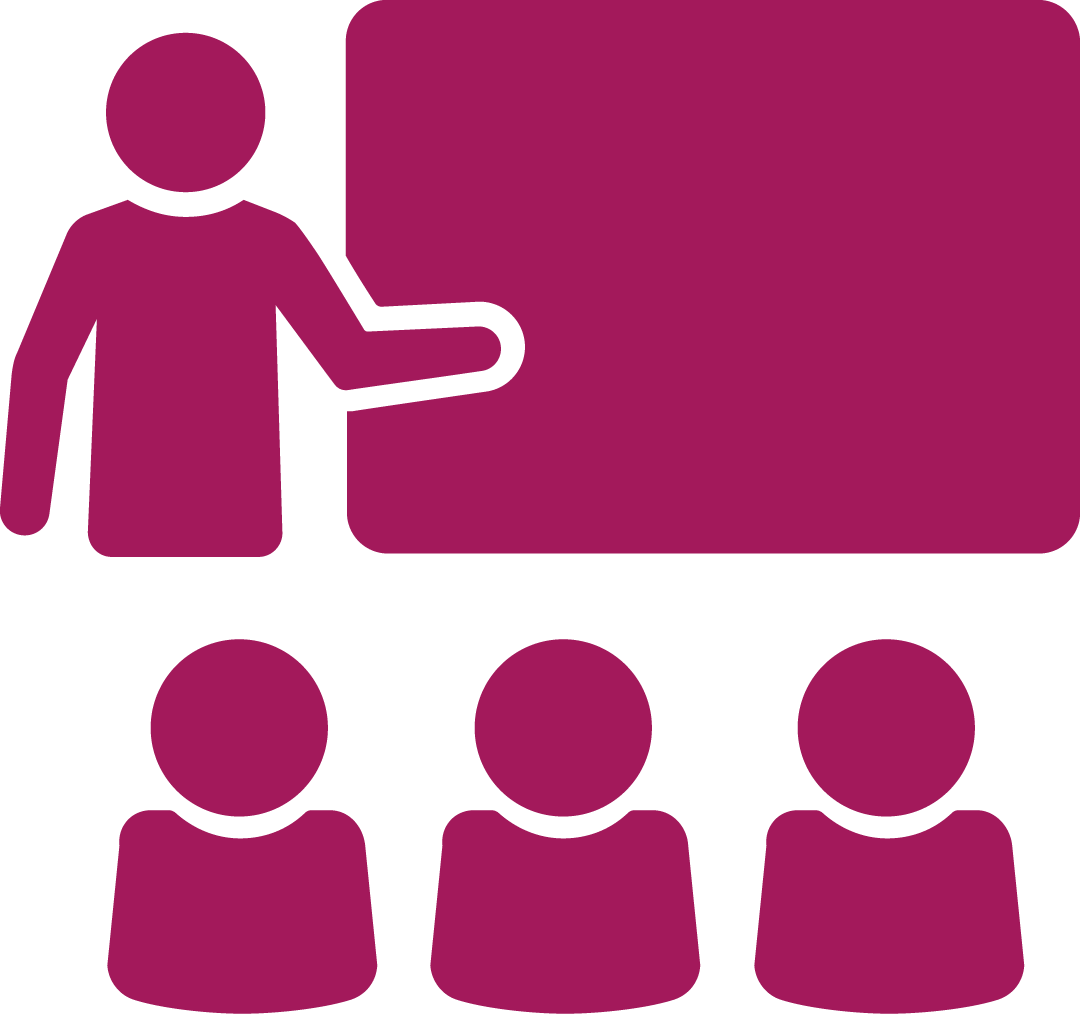 School & Education
School & Education